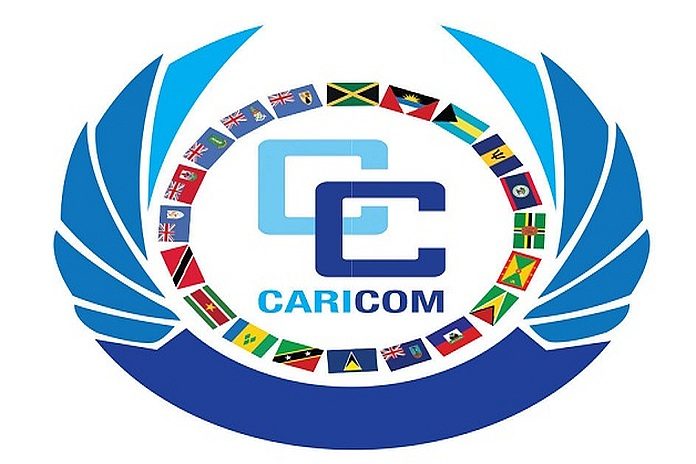By Leonardo Di Bonaventura-Altuve
Within the Commonwealth, few collections of states encompass such a democratic grouping as the Caribbean Community (CARICOM). Established in 1973, 13 of its 14 sovereign members are considered open, liberal democracies that hold regular free and fair elections and respect most civil liberties.
Given their liberal-democratic nature, it is plausible to think that CARICOM states would honour their democratic commitments, exemplified in the Inter-American Democratic Charter (IADC) and Charter of Civil Society, to steadfastly condemn instances of autocratic reversions. This school of thought is in line with liberal and constructivist theories in International Relations. The former expects democracies’ unwavering commitment to cooperate against common authoritarian challenges. The latter maintains that well-established regional democratic norms would compel signatories to abide by those principles and values.
The reality, regrettably, is different. Far from being reliable democratic allies, CARICOM states are hesitant partners who would side with autocracies or democracies, depending on their own material and political interests, not their democratic character and identity.
“Strength in numbers” – Africa and the Caribbean forge a path to partnership Opinion: Natural disasters, Caribbean diplomacy and developmental introspection Globalisation has left Commonwealth Caribbean Small States Behind
Take Venezuela’s authoritarian regime first. Amid domestic protests against the Nicolás Maduro regime in 2014, the Organization of American States (OAS) attempted to convene a meeting to discuss human rights violations in Venezuela. Unsurprisingly, Maduro got his way by blocking the meeting from occurring and approving instead an ineffectual declaration insulating his regime from any democratising measure with the support of 12 CARICOM democracies.
However, after fiercely repressed protests in 2017, the OAS took a more active approach to promote democratisation in Venezuela, thanks to the support of several CARICOM states. They supported a 2018 resolution asserting that Venezuela’s presidential elections ‘lack[ed] legitimacy’ and reaffirming the country’s ‘unconstitutional alteration of the constitutional order.’
Remarkably different from previous years, Maduro only garnered the unfaltering support of five highly democratic Caribbean nations: Antigua and Barbuda, Dominica, Grenada, St Kitts and Nevis, and St Vincent and the Grenadines. Distinctly, the Bahamas, Jamaica, and Saint Lucia had been consistent in their democratising posture in Venezuela. The other six CARICOM members are more unpredictable and selective: sometimes supporting or halting democratisation and frequently abstaining.
In Nicaragua, another full-scale dictatorship, CARICOM states remained mostly silent about president Daniel Ortega’s unequivocal reversion to autocracy. Their positions changed in 2018, however, after mass crackdowns on protestors. Determinedly, ten CARICOM states condemned Ortega’s authoritarianism and violations of the IADC. Antigua, Grenada, and Dominica, who have never denounced Venezuela’s autocracy, broke ranks with Nicaragua and decided to support democratising efforts against Ortega. Even relatively neutral states like Trinidad and Tobago and Barbados joined the pro-democracy resolution against Nicaragua.
Lamentable but evident, CARICOM democracies’ decisions to protect or ignore democracy and human rights unmistakably respond to rational political interests. Until 2014, most CARICOM countries benefited immensely from the Venezuela-sponsored PetroCaribe, a geo-economic instrument created in 2005 to insulate the late president Hugo Chávez from international democratising pressure.
Antigua and Barbuda, an island nation known for its political pluralism, free elections, Rule of Law, and freedom of expression, illustrates the core contradictions shaping the irresolute democratising behaviour in CARICOM. Antiguan prime minister, Gaston Browne, said in 2018 that his nation ‘stands in solidarity’ with the Maduro regime and urged them to defend Venezuela’s democracy, even though the South American nation was at the time, and remains, an autocracy by all standards. It is no coincidence that Browne expressed diplomatic support for Maduro after Venezuela forgave the island’s debt to PetroCaribe.
[This is an excerpt from an article in The Round Table: The Commonwealth Journal of International Affairs.]
Leonardo Di Bonaventura-Altuve is a graduate student, Global Governance and Diplomacy, University of Oxford, UK.





